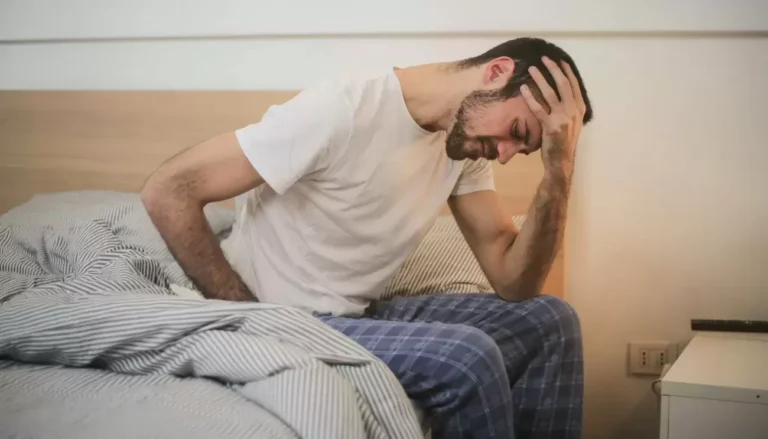There’s a lot going on in today’s world. People are still getting sick with COVID-19, natural disasters are repeatedly hitting parts of the U.S., and acts of racism are in the news nearly every day. All of these things can have direct (and indirect) impacts on our lives, and it’s easy to feel like we’re always waiting for “the next bad thing” to happen. This dread and anxiety can be overwhelming and make everything seem hopeless.
When we find ourselves in difficult circumstances, it usually takes a while for things to settle back down to what we’re used to. But COVID-19 is more than just a ‘bump in the road’ – this is a challenge that has persisted and will continue for a while. If we try to stick to our old routines and expectations, we’ll continue to feel as though we’re just waiting for time to pass before continuing on with our lives. It can be tough to shake the feeling that this is all temporary, but accepting our new normal and adapting to it is the best way to take back some control when it feels like so many things are up in the air.
It’s completely normal to be discouraged by everything going on. If you’re grieving, anxious, overwhelmed, or feeling paralyzed – that’s okay. Give yourself the time to process those feelings and remind yourself that there is always hope for better days. If you’re having a hard time finding hope, here are some things to keep in mind:
What are you hopeful for?
We all want to feel hope, but what does that mean to you? Identifying what specifically you want to see change can help you feel more empowered to do something about it, which often brings hope. If you want to see people in your community support one other, get involved with groups doing mutual aid work. If you want to see political change, donate to organizations doing on-the-ground work or volunteer yourself in a way that still allows you to feel safe.
Remind yourself that this isn’t forever.
When life gets hard, it can be easy to forget that things will get better eventually. It may not happen as quickly as you’d like, but look at the history: past outbreaks have been contained, we now have standard vaccines for diseases that used to take many lives, and economic recessions come and go. This doesn’t mean that current events won’t cause destruction – but it will stop or become better controlled eventually.
Look ahead to post-pandemic times.
Think about what you are looking forward to or things you want to do once the pandemic is under control. Make a list and start to plan – what steps you can take in advance to make these things a reality once they are possible? If you want to visit your friend across the country, start saving for a plane ticket and research fun things to do in their area. If you’ve missed your extended family and want to get everyone in one place, start thinking about that gathering – dinner party or family reunion picnic?
Control what you can.
A big part of feeling hopeless is feeling like everything is out of your control. Remind yourself of what you can control – like your morning routine and what time you go to bed, or what you eat, or who you keep in touch with. These might seem too minor to make an impact but being consistent with the little things can make a difference over time.
Turn to faith and spirituality.
If you are religious or spiritual, you may find hope in your faith. Many people feel that religion gives them a greater sense of purpose and is helpful to lean on during tough times. Look to your faith’s teachings for some peace and optimism that resonates with you or connect with others in your faith community.
Combat your negative thoughts.
Our thoughts are directly connected to our feelings. If you’re dealing with unpleasant emotions, try to identify the specific thoughts related to how you’re feeling. Once you notice those negative thoughts, you can work to replace them with more positive ones – if you need some guidance, check out this worksheet.
Make time for fun.
Joy isn’t necessarily the same as hope, but it’s important to make sure you’re experiencing happy moments. Don’t feel guilty about spending time on things you love, whether that’s art, talking to friends, or having a funny movie marathon.
Keep up with basic self-care.
It can be tough to find hope in times like this, but it’s especially hard if you aren’t taking care of yourself. Make sure you’re eating well, staying hydrated, getting enough sleep, and moving your body regularly. It may not seem like much, but – just like with controlling the things you can – little things add up.
Taking steps to find hope in your life but still can’t see it? Take a mental health screen – the way you’re feeling may be a sign of depression, and screening results can help you start a conversation about feeling better. If you’re dealing with serious hopelessness or considering ending your life, there is help out there for you. Text “MHA” to 741-741 or call 800-273-8255 to be connected to a trained crisis counselor for free, confidential support 24/7.
This article was written in collaboration with Lilli Correll, LPC.

